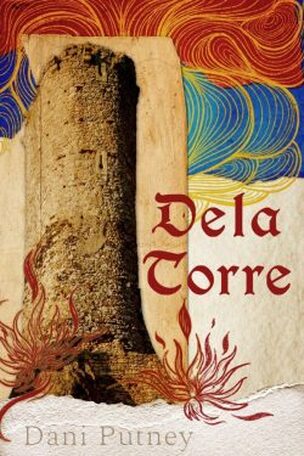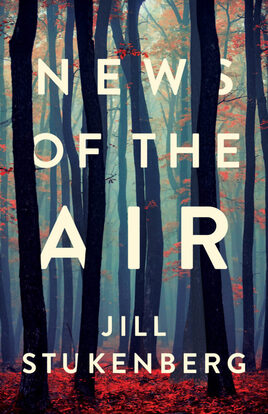As a fellow member of the Dead Parent Club™, Stephanie Austin’s Something I Might Say caught my attention because it made me want to compare notes on grief. In this brief collection of nonfiction essays describing an even more brief portion of Austin’s life, she explores the many layers of grief that overwhelmed her in just a few months' time due to back to back losses in her family. If you have experienced significant loss in your life and yearn for someone who can genuinely empathize, not just sympathize, then this collection of bite sized essays is for you.
0 Comments
“We may know the sacred; we may not impart it.”
George Choundas tosses this penetrating sentence seventy-five pages into his collection of essays, Until All You See is Sky. It’s one of the many turns of phrase that will make the reader pause and reflect. This in itself is not so shocking—good writing should, at the bare minimum, have an impact on the reader. What sets Choundas apart from the others, in my opinion, is context. Where this shrewd pronouncement is more befitting a spiritual revelation or a hard-learned life lesson, Choundas has gifted this deep and affecting statement to… baked goods.
Dale Cottingham’s collection, Midwest Hymns, reads as a meditation on a man’s journey through life’s myriad challenges, and healing through becoming one with nature and its cycles. Cottingham’s muse is the family and land that raised him, and each of these poems act as a patchwork in making an overall warm and nostalgic reading experience.
“For all the mutts.”
Dela Torre, the most recent chapbook from poet and essayist Dani Putney, opens with this dedication. Simple and effective, they give no other preface before diving into 20-some pages of raw, emotional poetry where they break down their own mixed-race heritage, the history of their parents, and tear into colonialism with sharpened teeth. While Dela Torre runs rife with various themes about identity and family, there is one through-line that can be felt in each and every one of these poems— anger.
It’s not every day that people run to the Northwoods, particularly in the Wisconsin region, for safety and stability. Yet it proves itself to be the perfect backdrop for Jill Stukenberg’s News of the Air. In this novel, Stukenberg paints the picture of a near future with repeated violent protests flooding the cities and wildfires rampaging the rest. In what starts off with a similar feel to The Handmaid’s Tale, Stukenberg details the journey of a young family, especially the mother, sacrificing the pleasures of city life for a new, safer life in the woods where her daughter can stretch her legs and peace can envelop them all. However, as life goes on, the daunting realization creeps up that trouble is everywhere and that running away from your problems often creates new ones, maybe even ones that you can’t run from anymore.
|
Archives
July 2024
Categories
All
|
|
Glassworks is a publication of Rowan University's Master of Arts in Writing 260 Victoria Street • Glassboro, New Jersey 08028 [email protected] |
All Content on this Site (c) 2024 Glassworks
|






 RSS Feed
RSS Feed
